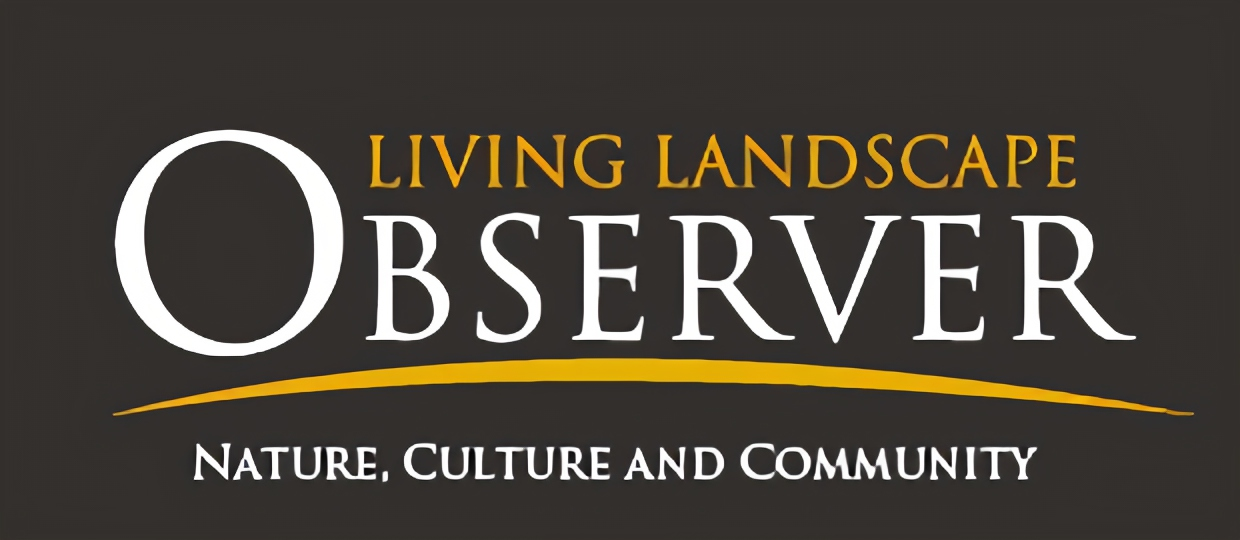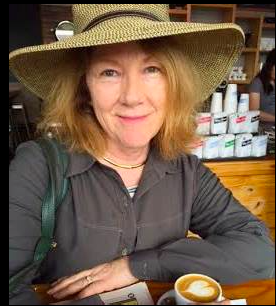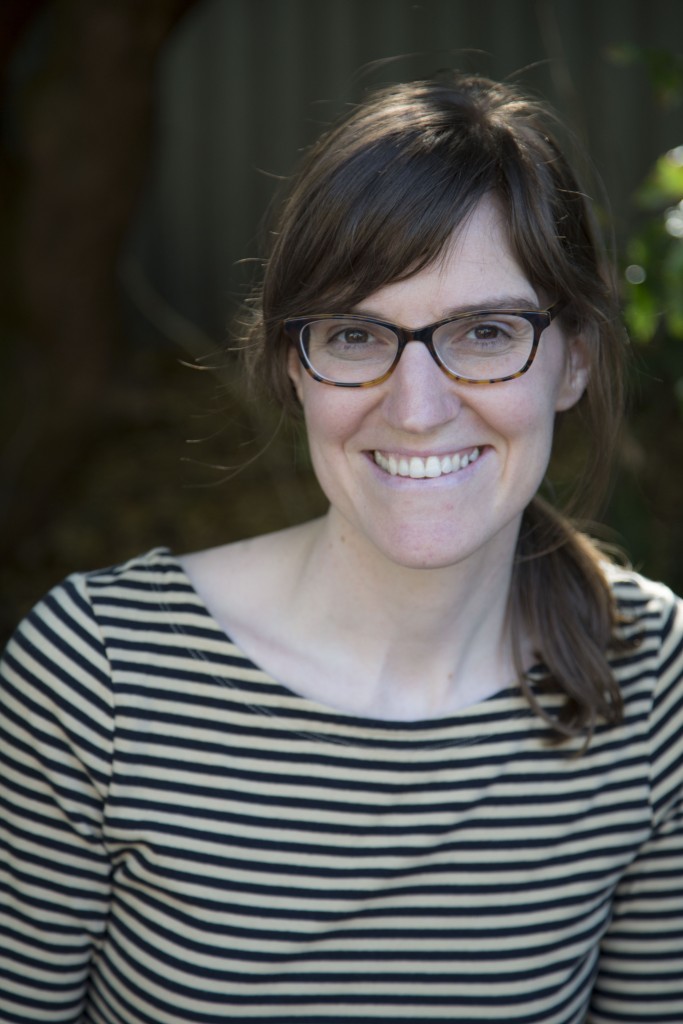To provide observations and information on the emerging fields of landscape scale conservation, heritage preservation, and sustainable community development.
Newsletter
Stay up-to-date with the latest nature, culture and community news.
We won’t spam you or share your information. Newsletters are sent approximately 10 times a year. Unsubscribe at any time.
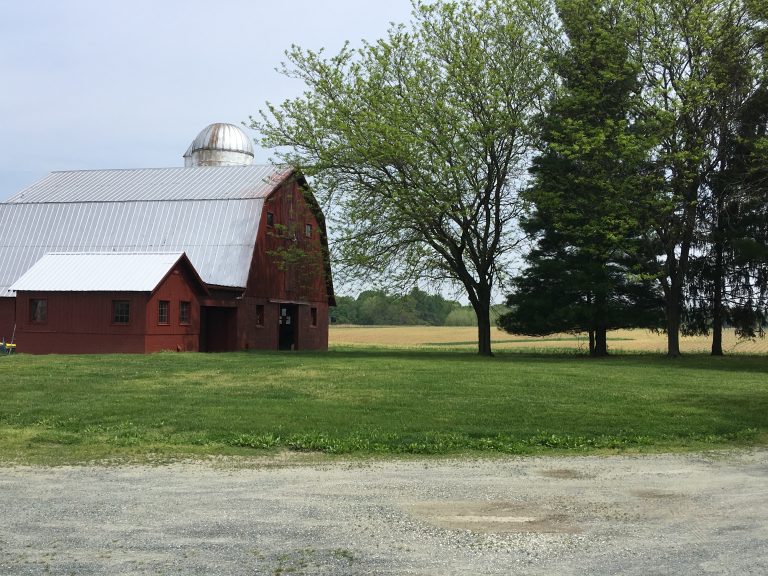
Perpetual Easements as Historic Events
When does the act of conservation itself become historic? Should the establishment of a permanent easement automatically render farmland as potentially eligible for listing on the National Register of Historic Places? Read more about how these ideas could affect the the landscape of historic properties within agricultural communities.
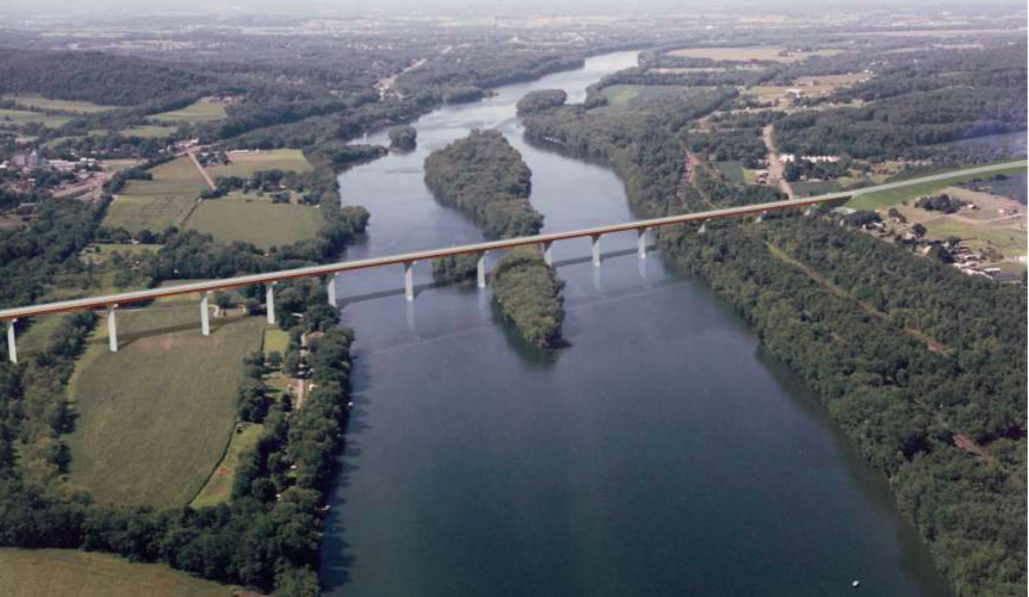
Highway Planning on a Landscape Scale: The Next Generation
What happens when a highway project, long planned to improve the functionality of the overall transportation system, runs up against new designations that look at the value of resources on a landscape scale? How can infrastructure development manage this changing landscape? After all it does not look like this kind of thinking is going away. Read the back story and some recommendations for the future.
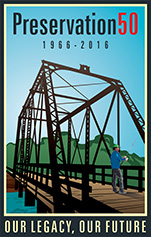
Historic Preservation @Fifty Years: What is Going On?
2016 marks the 50th anniversary of the National Historic Preservation Act, and a host of organizations and advocates are taking the opportunity to not only celebrate, but also to reflect on historic preservation’s past, present and future. Find out more about what is going on and how you might be able to get involved.

The Next Generation: Making the Link between Historic Preservation and Sustainability
In this guest piece, Katie Rispoli, a 2015 Preservation Advocacy Scholar, makes a compelling case for thinking about the ways in which historic preservation qualifies as a conservation strategy – both in terms of the natural environment and the cultural heritage of a particular community.
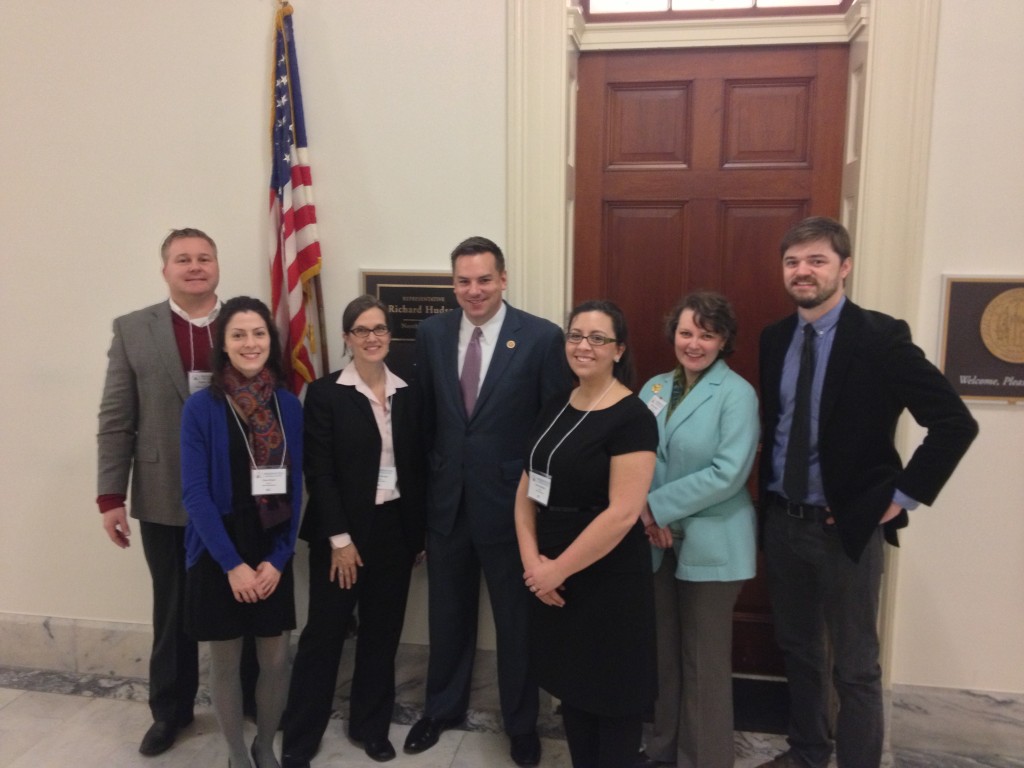
Apply Now for Advocacy Scholars – Deadline Oct. 31
Do you know an undergraduate or graduate student interested in historic preservation, planning, history, public policy, law, architecture or a related field? If so, encourage them to apply to the Preservation Action Advocacy Scholars program, which offers a limited number of competitive scholarships to students interested in attending National Historic Preservation Advocacy Week (March 2-4, 2015) in Washington, D.C. This year Preservation Action has joined the NHA@30 celebration by proposing the National Heritage Areas program as topic for the required advocacy scholar’s essay.

Perpetual Easements as Historic Events
When does the act of conservation itself become historic? Should the establishment of a permanent easement automatically render farmland as potentially eligible for listing on the National Register of Historic Places? Read more about how these ideas could affect the the landscape of historic properties within agricultural communities.

Highway Planning on a Landscape Scale: The Next Generation
What happens when a highway project, long planned to improve the functionality of the overall transportation system, runs up against new designations that look at the value of resources on a landscape scale? How can infrastructure development manage this changing landscape? After all it does not look like this kind of thinking is going away. Read the back story and some recommendations for the future.

Historic Preservation @Fifty Years: What is Going On?
2016 marks the 50th anniversary of the National Historic Preservation Act, and a host of organizations and advocates are taking the opportunity to not only celebrate, but also to reflect on historic preservation’s past, present and future. Find out more about what is going on and how you might be able to get involved.

The Next Generation: Making the Link between Historic Preservation and Sustainability
In this guest piece, Katie Rispoli, a 2015 Preservation Advocacy Scholar, makes a compelling case for thinking about the ways in which historic preservation qualifies as a conservation strategy – both in terms of the natural environment and the cultural heritage of a particular community.

Apply Now for Advocacy Scholars – Deadline Oct. 31
Do you know an undergraduate or graduate student interested in historic preservation, planning, history, public policy, law, architecture or a related field? If so, encourage them to apply to the Preservation Action Advocacy Scholars program, which offers a limited number of competitive scholarships to students interested in attending National Historic Preservation Advocacy Week (March 2-4, 2015) in Washington, D.C. This year Preservation Action has joined the NHA@30 celebration by proposing the National Heritage Areas program as topic for the required advocacy scholar’s essay.
